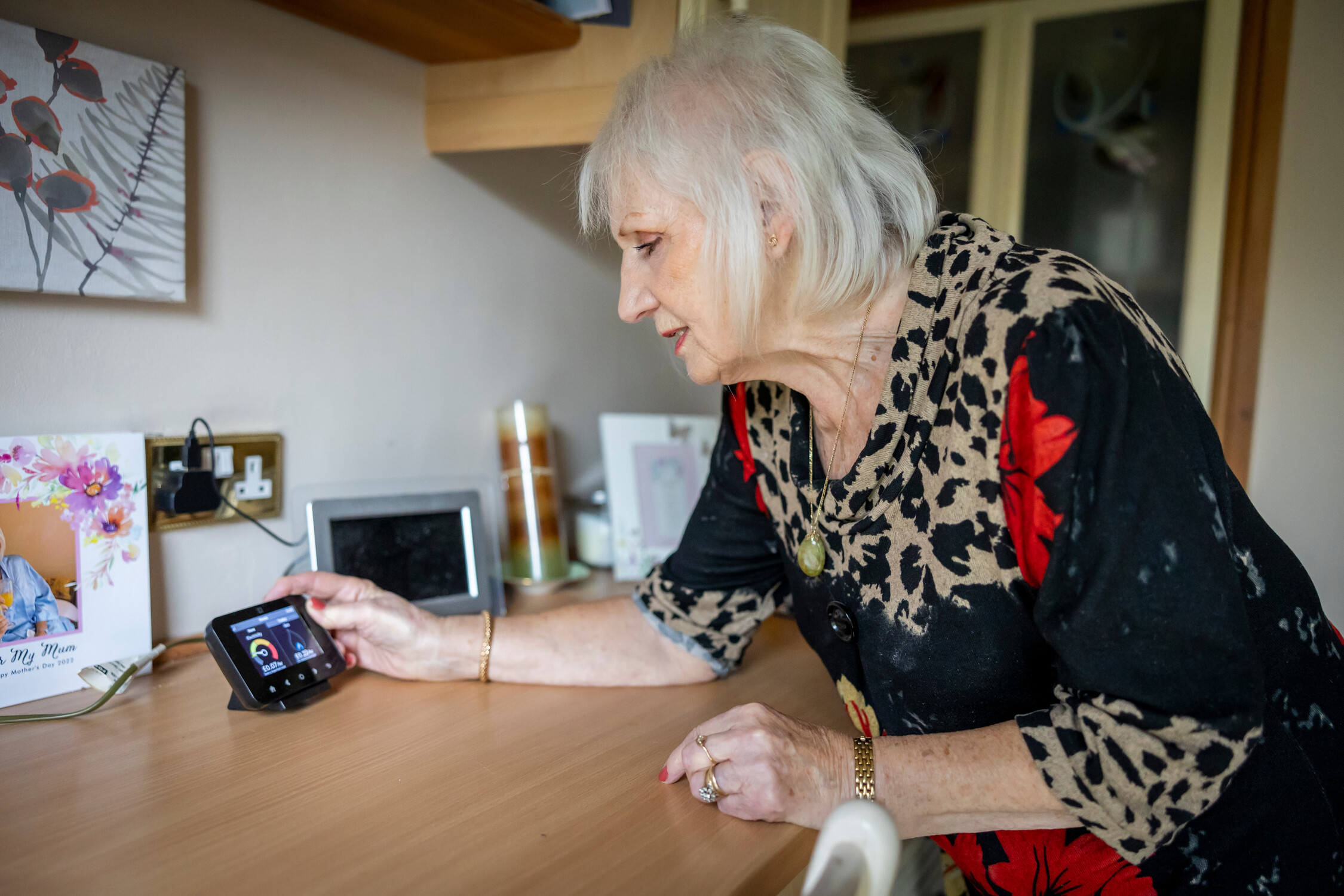Fixing dangerous homes would save social care billions
The Centre for Ageing Better have revealed that fixing older people’s faulty homes would save the NHS and social care more than £1.5bn a year and deliver more in health benefits.
How many times have you heard Prime Minister’s and MPs promise to help the NHS and social care by providing them with more funding? Well, new research has found that funding may need to go into another industry as the key to helping health services has been found to be an unlikely one.

Experts from the Centre for Ageing Better have revealed that removing the most serious risks to people’s health and safety from the country’s poorest quality homes, where the head of the household is aged 55 or over, would result in savings to the NHS of almost £600m per year.
In addition, new analysis from academics at the Care Policy and Evaluation Centre (CPEC), which is based at the London School of Economics and Political Science (LSE), found formal care costs could be slashed by £1.1bn a year by 2027.
The LSE analysis indicates the potential for a further £3.5bn annual savings in unpaid care costs for older people. Previous research from the Centre for Ageing Better, an independent charity identified £19bn of annual health benefits from investing more in home improvement.
Arguably, this research couldn’t have come at a better time. Not only could fixing elderly people’s homes save the sector billions, but it could also reduce pressures on the NHS and social care, who are currently facing their worst staffing crisis to date. Likewise, the charity have also previously discovered that almost eight million people live in an unsafe home: approximately 2.6 million of these are aged 55 and over and 1.8 million are children.
Dr Carole Easton OBE, chief executive at the Centre for Ageing Better, said: ‘There is a terrible personal cost for older people who live in homes that are making them ill and which have the potential to seriously injure and even kill them. Older people are more likely to live in a dangerous, damp or cold home and are among the most vulnerable to the health impacts which can exacerbate conditions such as asthma and arthritis, as well as increasing the risk of an acute episode such as a stroke or heart attack.
‘But this country’s poor-quality housing crisis also reaps a terrible cost on our already stretched health and social care sectors. Fixing unsafe homes is a value-for-money solution that will not only help people to live healthier and longer lives, but will also reduce pressures on health and social care.’
‘With so much supporting evidence pointing to significant benefits, it beggars belief that home improvement is not higher up the political agenda,’ Dr Easton added. ‘Improving the country’s health cannot be done without improving the quality of our homes.’
Following the publication of this research, the campaign is calling for a national strategy to tackle the poor quality of the country’s homes and has challenged the government to halve the number of non-decent homes, which currently totals 3.7 millions, within the next ten years.
Dr Nicola Brimblecombe, senior researcher at the Care Policy and Evaluation Centre and lead of the LSE research project (CAPE), said: ‘Our study clearly shows how poor quality and unsuitable housing can increase people’s care needs and their ability to live independently, negatively affect wellbeing, and reduce choice.
‘Improving housing has the potential to improve people’s quality of life, reduce health and care inequalities, and save money for government as well as having wider benefits to the environment and society. Negative effects of poor housing for social care can be long-term – action to improve poor quality housing cannot come soon enough.’
The new research will be presented at a special event on the cost of poor-quality housing to health and social care at LSE on Tuesday 21st May.
Image: The Centre for Ageing Better
More social housing needed to tackle spiralling waiting lists
















